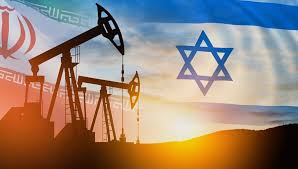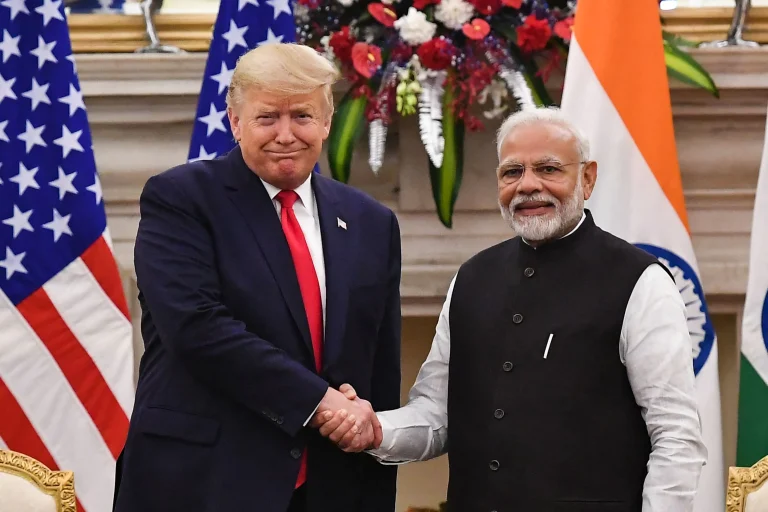
Iran and Israeli War (June 2025)
Trouble between Iran and Israel has been going on since 1948, when the State of Israel was founded. The United States and Iran have had many disagreements, such as Iran’s backing for Palestinian militant groups and its nuclear program. In the past few years, these divisions have grown, with both countries speaking out against each other and sometimes going to war. This paragraph will go into more detail about where these tensions come from and what they mean for the stability of the area.

Iran and Israel have had problems in the past because they have different political, religious, and intellectual views. One of the main points of disagreement is that Iran backs Palestinian armed groups like Hamas and Hezbollah, which Israel sees as terrorist groups. Iran’s nuclear program has also caused a lot of worry in Israel, which thinks that Iran might make nuclear missiles that could threaten its safety. As a result, Israel has taken a very tough stand against Iran and has even done secret operations to damage its nuclear facilities. Things between the two countries are getting worse because of these actions, which have created a cycle of hostility and distrust. There are big effects on the whole area from this ongoing conflict, not just for Iran and Israel. A full-scale Middle Eastern war could destabilize the region and threaten global security.
WHAT DO YOU NEED TO KNOW?
Getting worse and U.S. involvement
- The war between Israel and Iran, which started on June 13, is now in its second week, and there has been no political progress. European foreign ministers and Iran’s top official tried to calm things down in Geneva, but their talks did not succeed.
- The United States has now stepped in directly. President Trump stated that U.S. forces attacked three major Iranian nuclear sites from the air: Fordow, Natanz, and Isfahan. In his remarks, Trump said that the strikes were “very successful” and that important Iranian nuclear targets were “no longer there.”
- Iran’s top diplomat said that the attacks by the US on its nuclear sites “will have lasting effects” and that Tehran “reserves the right to respond.”
Military Actions and Deaths
- Israel has continued its air campaign targeting Iranian military and nuclear assets, such as labs, uranium enrichment plants, and centrifuge manufacturing facilities.
- Iran has hit back by firing about 450 rockets and 1,000 drones at Israel. Despite stopping most of them, Israel has suffered at least 24 deaths and hundreds of injuries.
A Washington-based Iranian human rights group says that at least 657 people have been killed in Iran, including 263 civilians, and more than 2,000 have been hurt. Israeli strikes have also killed several high-ranking members of Iran’s Revolutionary Guard and hit military and infrastructure sites in many Iranian cities.
Effects on the region and the world
The Arab League viewed Israel’s actions as violating international law and demanded new negotiations.
- Countries nearby are getting more worried that the war will spread, especially since the U.S. is now directly involved. Attacks on U.S. military bases or partners have become more likely, as have problems with oil supplies around the world.
- The International Atomic Energy Agency (IAEA) warned of dire consequences in the event of an attack on nuclear plants, particularly the Bushehr power plant.
Leadership and Succession Changes in Iran:
- Reports suggest that Iran’s Supreme Leader Ali Khamenei has relocated to a secure bunker and designated three prominent clerics as potential successors. The ongoing Israeli threats have increased his fear of death.




